You've been emojied!
- Published
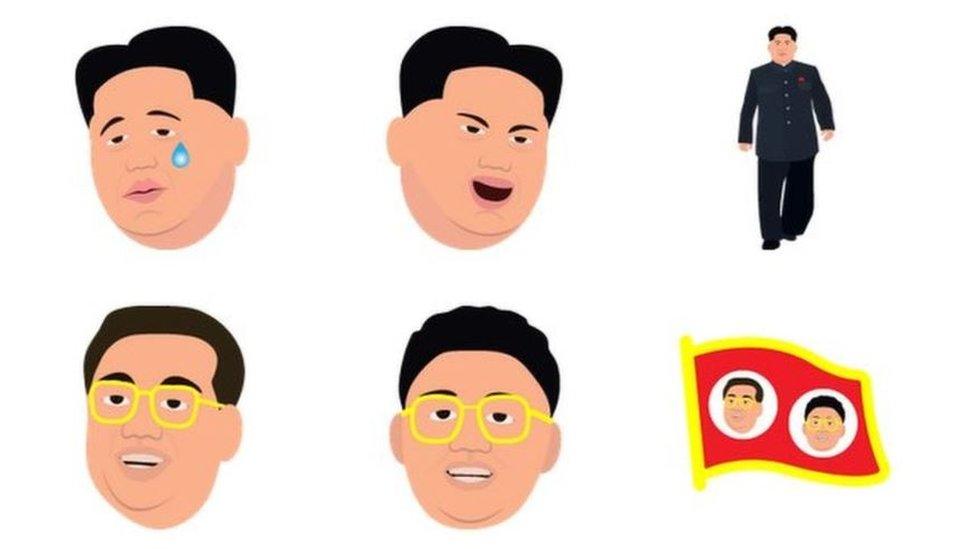
What do Kim Kardashian, the Pope and Kim Jong-un all have in common? They have their very own emojis.
Today a new series of the visual language icons were revealed mocking the North Korean leader. They include Mr Kim and his grandfather as well as missiles and atomic blasts.
But who has their own emojis and how famous do you have to be to get one?
Kim versus Kim
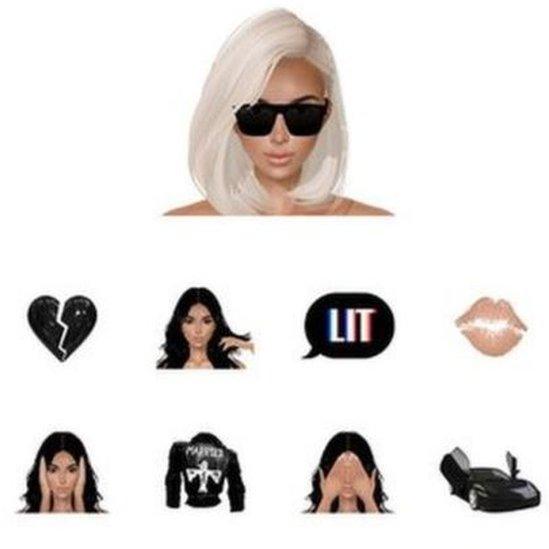
Kim Kardashian's Kimoji app - which has more than 500 icons of her, became the top-selling app on iTunes when it went on sale late last year.
Its popularity caused itunes to crash the day it was launched.
The light of our eyes
Unfortunately for fans of Egypt's President Abdel Fattah al-Sisi the same cannot be said.
Emojis of al-Sisi were created in January, 2016, by Cairo artist Safi Eddin Abdul Rashid.
The softly spoken manner in which the President speaks is often satirised or mocked online.
So Safi decided to go one better and caricature him with an emoji makeover, coupled with some of his ridiculed quotes as captions.
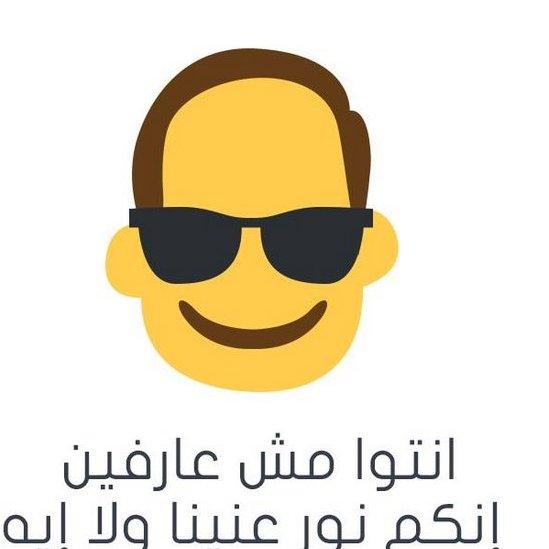
An emoji of Egypt's President Abdel Fattah al-Sisi with the caption "Don't you know you are the light of our eyes?"
Although Safi's emojis have been liked over 3,000 times on Facebook, some have raised concern that his artistic talent could get him into trouble with the authorities.

Holy emoji!
Communicating about Papal visits could become a lot more creative now too thanks to emojis of Pope Francis.
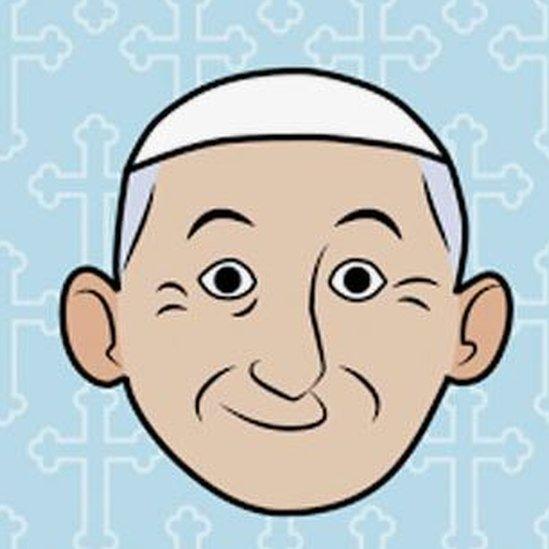
Released in 2015 by Swyft Media to mark the Pope's visit to America, the emojis present the Catholic leader in a variety of different ways.
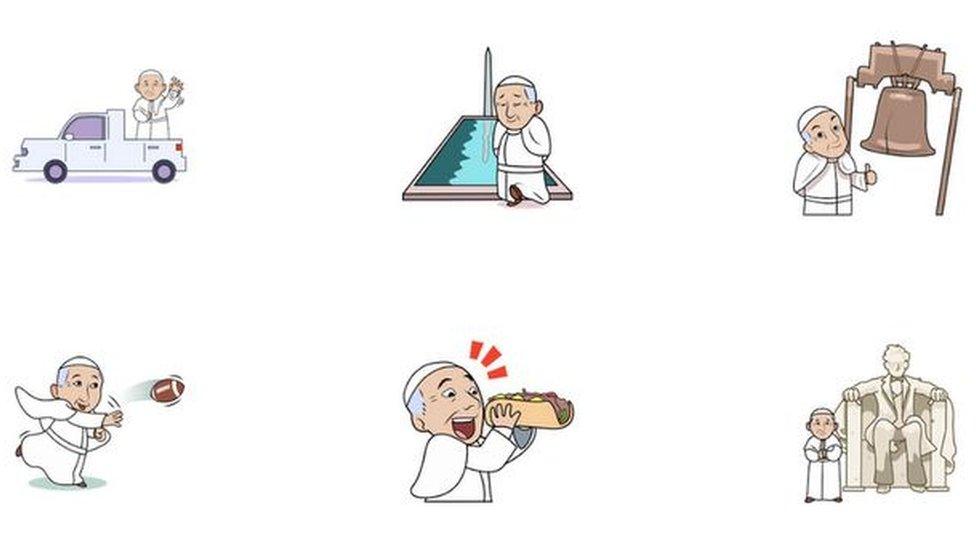
Fans can choose from the Pope balancing a basketball on his head, standing next to the Statue of Liberty or riding in a yellow cab.
They're among 52 emojis and 14 GIFs which fans can choose from.
It means despite his nine Twitter accounts in different languages, the emoji visual language is the only one you can really be fluent in.
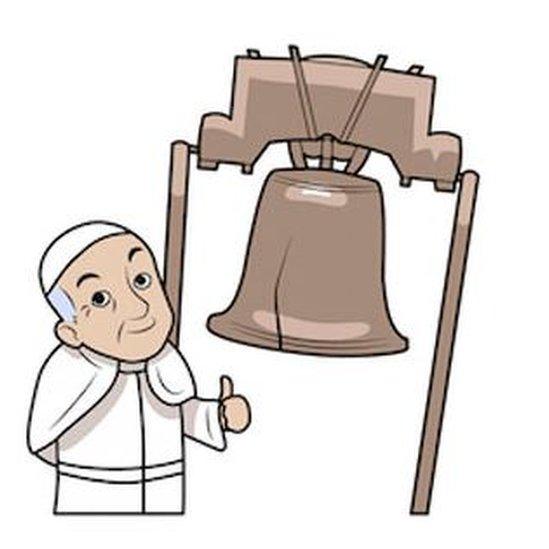

The smiley face of American Politics
Gauging reaction to the American Presidential candidates can be tricky for pollsters.
Now even they are realising that thanks to emojis we can see just how those potential voters are feeling.
US media organisation including CNN and The Washington Post have created emojis to reflect the US political landscape.
After all even the President's 2015 State of the Union address was live tweeted using just emojis.
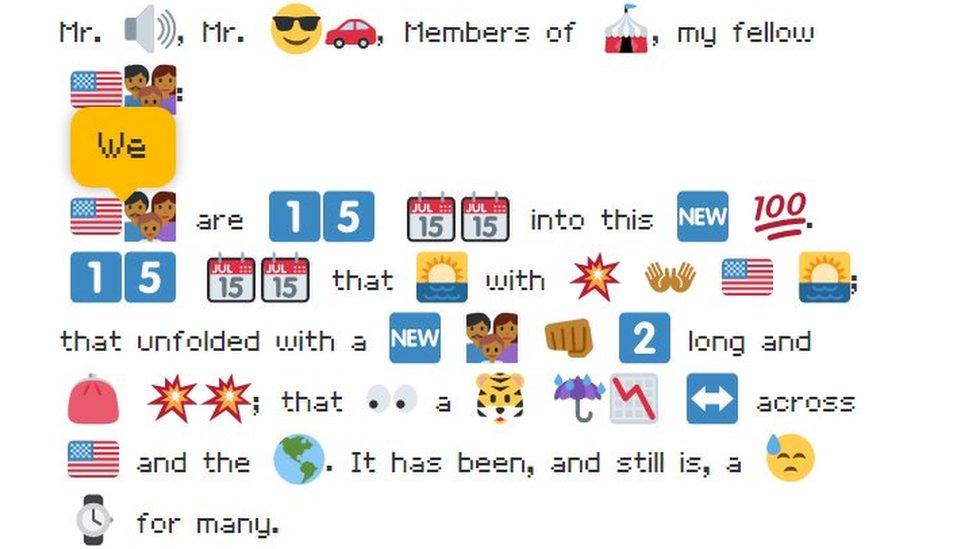
The US Presidential candidates also know that emojis are a good way to get the attention of young voters. The Vermont senator, Bernie Sanders, has his own filter on Snapchat.
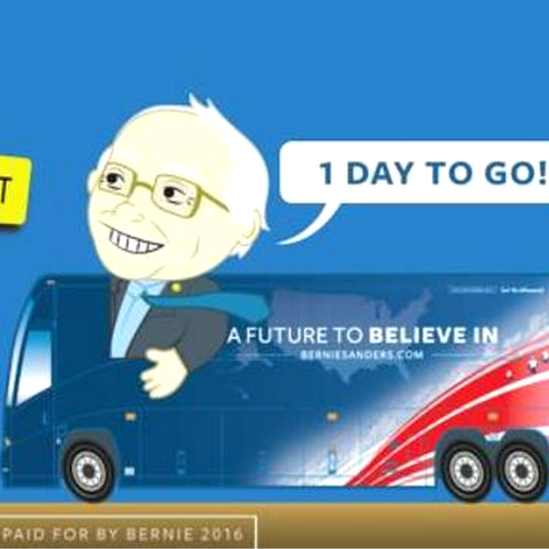
Although the emoji phenomenon is not new, it does seem to be gaining in popularity.
In Apple's iOS 8.3 update the emojis reflected physical diversity, with users able to change the skin colour of the icons.
People now seem to be connecting with emojis on a more personal level then ever before, wanting them to reflect the feelings important to them as individuals.
It seems very probable then that whoever succeeds in the race to the White House could soon find communicating their policies using emojis an effective way of connecting with voters.

By Rozina Sini